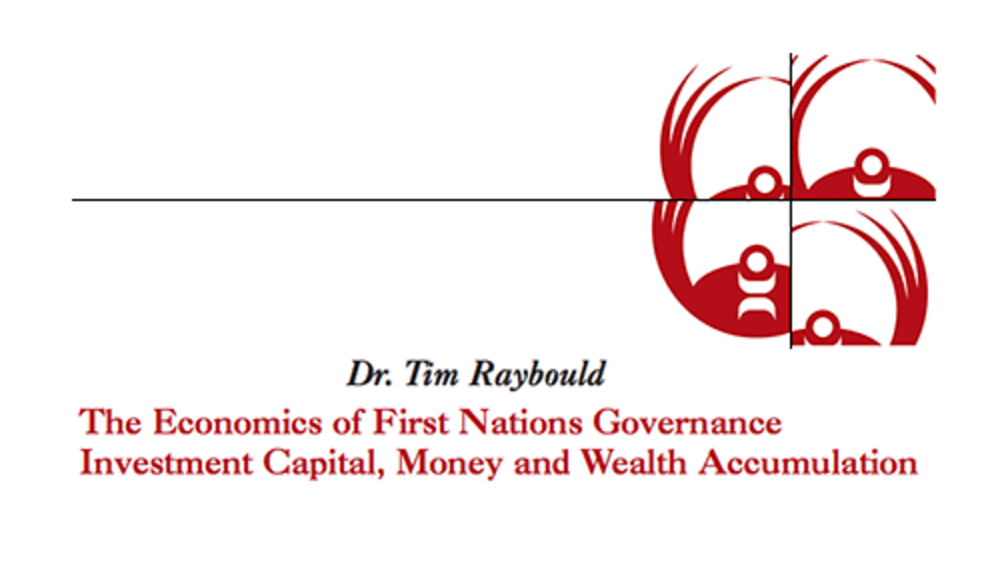Indigenous Governance Database
economic growth
Image

The Economics of First Nations Governance Investment Capital, Money and Wealth Accumulation
There has been much said and written about the underdevelopment of Indian reserves in Canada, the lack of wealth in First Nations’ communities and the concomitant poverty of most First Nations’ people. While Canada sits at seven on the United Nations Human Development Scale this…
Pagination
- First page
- …
- 1
- 2
- 3
- …
